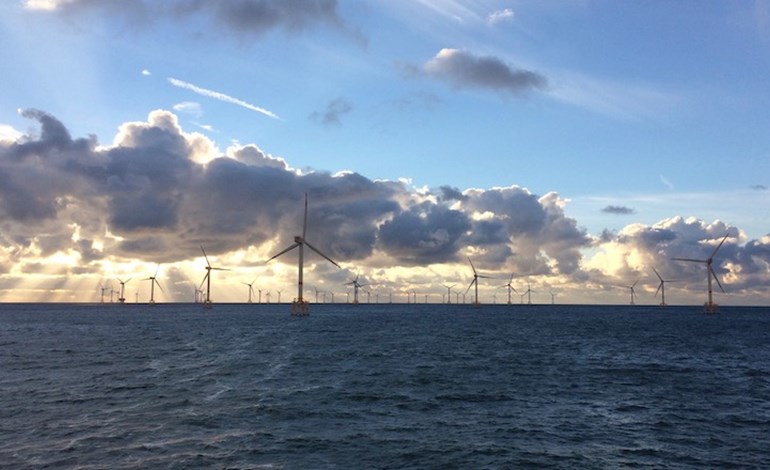GWEC urges Japan to reform offshore wind auctions

Japan must urgently reform its offshore wind auction system and establish a public-private forum to guide policy and investment if it is to regain momentum in its clean energy transition, according to a new white paper by the Global Wind Energy Council (GWEC) and renewable energy consultancy OWC.
The report, Unlocking Japan’s Offshore Wind Potential: Strategic Pathways to Overcome Market Bottlenecks and Drive Industrial Growth, warns that without structural changes to the current auction framework, Japan risks major delays in meeting its decarbonisation and energy security goals.
Japan has completed three rounds of offshore wind auctions to date, but the sole Round 1 bidder has since withdrawn, while the winners of Rounds 2 and 3 face severe financial pressure. The trajectory of these projects, GWEC said, highlights the need for “timely reform and a more effective auction design” that better reflects market realities.
GWEC’s Japan country manager Takeshi Matsuki said: “Japan holds vast offshore wind potential and cannot afford to miss its chance to become an offshore wind leader, especially within the Asia-Pacific region.
“To put the industry back on a growth trajectory, Japan must pursue auction reforms, reassess offtake mechanisms, and remove critical market bottlenecks. By taking these steps, there is no doubt that offshore wind will remain the backbone of Japan’s power mix on its path toward carbon neutrality by 2050.”
Matsuki said unlocking this potential would deliver “clean, affordable, and locally produced renewable energy,” while stimulating regional economies through job creation and new opportunities for coastal communities.
OWC’s Japan country manager Masataka Nakagawa said: “Japan stands at a pivotal moment in its clean energy transition, and offshore wind has emerged as a central pillar of its strategy.
“Recent developments have highlighted the need for structural and institutional reform to ensure project delivery and investor confidence. Timely auction reform, including evaluation criteria optimisation, will be key to accelerating capacity build-out.”
He added that improving offtake mechanisms such as price caps and shifting towards more bankable models — including two-sided Contracts for Difference or Feed-in Tariffs — would help align bids with market conditions, while addressing issues such as certification, curtailment and supply chain visibility would strengthen investor confidence.
The white paper sets out short-term and long-term recommendations focused on three key areas: auction reform, offtake mechanisms and market bottlenecks.
In the near term, GWEC and OWC propose retendering Japan’s Round 1 site and revising evaluation criteria for upcoming rounds to balance price and non-price factors. Longer-term changes include adopting a two-stage auction model and setting Commercial Operation Date-based targets to improve delivery timelines and support domestic manufacturing.
GWEC and OWC presented the findings to Japan’s Ministry of Economy, Trade and Industry (METI), Ministry of Land, Infrastructure, Transport and Tourism (MLIT) and Ministry of Environment (MOE) in late October. The ministries have expressed strong interest in the report’s recommendations.
GWEC said its next step will be to establish a bridging forum to foster dialogue between government and industry, helping shape a transparent and predictable policy framework for Japan’s offshore wind expansion.
More information:https://renews.biz/105180/gwec-urges-japan-to-reform-offshore-wind-auctions/


